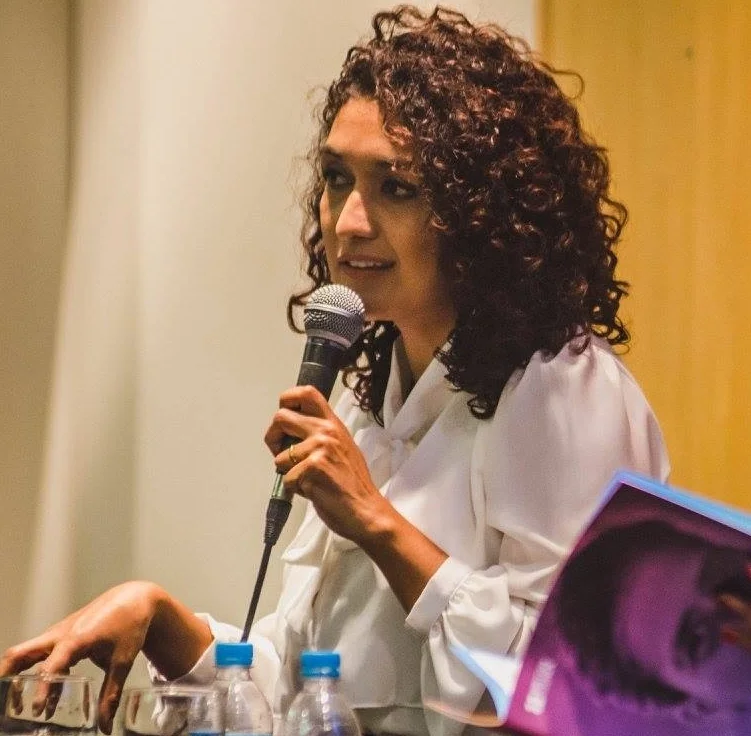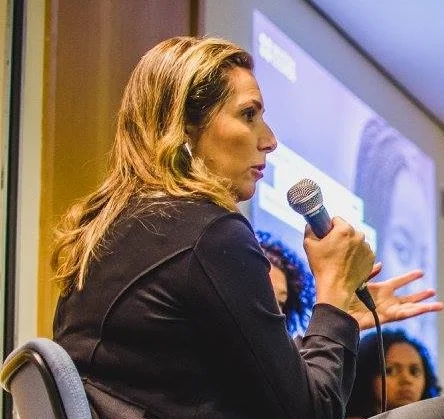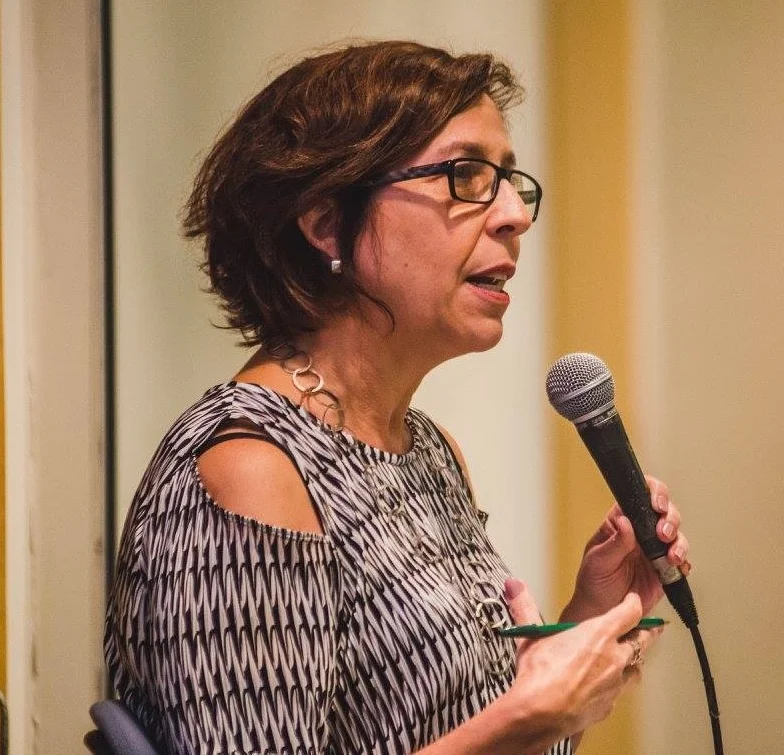Many authors and experts have proved that empowering girls and women can save a country's economy.
The British Council Brazil and NESsT Brazil published The Role of Social Business in Supporting Female Empowerment in Brazil, proving the magnitude of gender inequality and why social entrepreneurship is an effective tool for tackling it.
Data on the very low participation of women in politics, on the corporate board, and on the other hand, the great representation of women in indicators of violence and poverty, show once again the hard reality of women in Brazil.
We know that women make up the majority of the Brazilian population, as well as that of non-profit organization staff. These organizations in Brazil have focused on human rights and supporting the government in solving social problems for many decades.
Why then, is it that only 20% of Brazilian social affairs are led by women?
When we discovered this information, we were astonished and disappointed. There is an expectation that social business is the solution or at least a model for solving the problem of gender inequality.
We launched the publication in São Paulo and discussed it with a panel of brilliant women, including FEA-USP professor Graziella Comini; journalist, social entrepreneur and founder of Plano do Menina, Viviane Duarte; the founder and president of the Feira Preta Institute, Adriana Barbosa; and the current director of ICE of Corporate Citizenship, Célia Cruz.
We share the key takeaways of our discussion below.
1) Women's empowerment is everyone's business. In the event in São Paulo, four out of the 60 attendees were men.
“It is necessary to hack the system in a society that has been educated to invalidate and make women invisible.”
From raising male children, to the conversation with our family members and the formation of our teams, we will only be able to move forward when the women's agenda is not made only by women.
2) Women are the majority of the Brazilian population and, therefore, it does not make sense to continue being treated as a minority.
The same situation exists with the Black population in Brazil, which is another, "minority majority," commented Adriana Barbosa. Being treated as a minority means lack of representation in positions of power that prevent issues that affect our communities from being resolved immediately.
3) As in the traditional investment market, the impact investment industry is a male-dominated market.
Decisions about investments are made by men. 62% of the women interviewed perceived that gender disrupted their business. One immediate solution would be the diversification of the Investment Committees as a way to improve investments towards businesses that solve problems predominantly facing women.
Read about Gender Lens investing here.
4) We know that scale is one of the priorities of investors, but how to guarantee scale and at the same time depth-quality of the proposed social impact?
Impact investment does not reach the bottom of the pyramid where most families are led by women.
“Society confuses innovation with value-generation. We have to put the discussion of scale on the agenda.”
There is a clear request, a voice from the community, calling for the diversification of financial instruments. Traditional tools and methodologies do not work in nontraditional markets. Such diversification (such as the combination of philanthropy and investments) can broaden the access of entrepreneurs to financial resources.
“We have to work all the gears [of existing financial models and the incentive for new ones] at the same time.”
How do we bring investments to the base of the pyramid where there is no scale?
5) What other roles should women play in the social business sector?
Some social businesses are empowering women differently, not necessarily including them in leadership roles. They can generate sustainable income and value for their families through working at home, participating in the value chain of a large company with their production, receiving adequate training to develop, replicating successful models in their communities.
Access the full study here and its recommendations for governments, public policy managers, investors and intermediary organizations to support social business.
“Empowering a girl can save a country’s economy.
”
And that's what we're all working on.
Join us in this struggle for a better future for all genders and all social classes.
Share the publication, engage your community in these conversations, and consider donating to social enterprises providing opportunities for women through NESsT.
*All photos courtesy of British Council Brazil.






